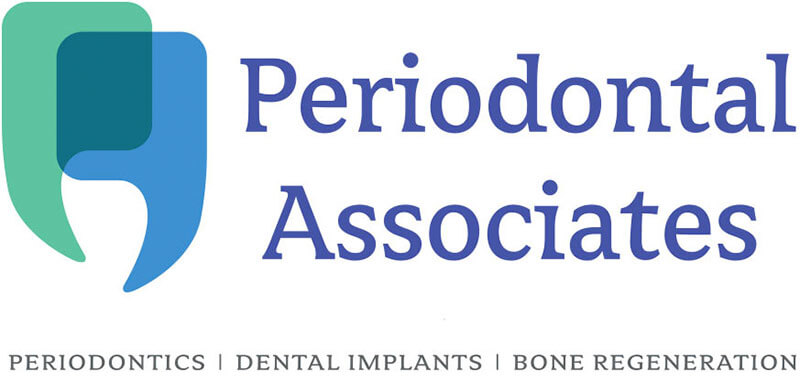Periodontal disease is a progressive condition with symptoms that worsen over time. Over 47 percent of all American adults aged 30 and older have periodontal disease. The condition starts with minor symptoms known as gingivitis, but it can lead to tooth loss when it goes unchecked.
This blog will share the symptoms of periodontal disease from mild to severe. Patients who notice these symptoms should speak to their dentist about reducing their risk of complications.
Symptoms of Periodontal Disease
- Swollen gums
- Red gums
- Gums that bleed or feel tender to the touch
- Teeth that are sensitive to heat or cold
- Gums that pull away from the teeth or recede
- Changes in dental bite
- Painful chewing
- Loose teeth
What Causes Periodontal Disease?
Tartar is the product of bacteria and food particles left to harden on the teeth. When tartar or calculus builds up along, and under the gum line, gums become red and swollen. Bacterial waste products cause irritation and infection.
Stages of Periodontal Disease
Gingivitis
If you have gingivitis, you may not know it. Many people believe that bleeding when brushing or flossing is normal. However, these subtle symptoms can mean a more significant problem is coming.
Patients with gingivitis will also observe that their gums are red and possibly swollen. They may experience heat and cold sensitivity. In advanced cases, they may feel tenderness or soreness.
Fortunately, most cases of gingivitis are reversible if you have excellent home hygiene. Brush and floss as instructed, and receive a professional cleaning. You may want to switch to an electric toothbrush to remove plaque more effectively.
Periodontitis
If patients leave gingivitis alone or overlook the symptoms, it will progress to periodontitis. Periodontitis has stages that progress as follows:
- Moderate Symptoms
- At this stage, the support structure around the teeth have suffered irreversible damage. Deep pockets form between the teeth and gum tissue, allowing food, bacteria, and plaque to collect. Gums begin to recede, altering the patient's appearance. The patient may have bad breath that does not respond to treatment.
- Severe Symptoms
- Teeth become loose due to further breakdown of their supporting structures. The patient's dental bite may suffer.
Frequently Asked Questions About Periodontal Disease
Can I prevent periodontal disease?
Periodontal disease is preventable in most patients. If you practice excellent oral hygiene, tartar will not have a chance to accumulate and damage your gums.
What are some risk factors for periodontal disease?
Certain habits and conditions raise your chances of developing this problem:
- Poor oral hygiene
- Alcohol use and smoking
- Type 2 diabetes
- Osteoporosis
- Insufficient vitamin D and calcium in the diet
- Excess body weight
Contact Periodontal Associates
If you have any symptoms listed in this article, you must take action to save your teeth. Please discuss this condition with your dentist and formulate a plan to control periodontal disease. With prompt attention, you can preserve your smile in the long term.
Contact us at our convenient Metro West locations in Framingham and Newton Centre today.

